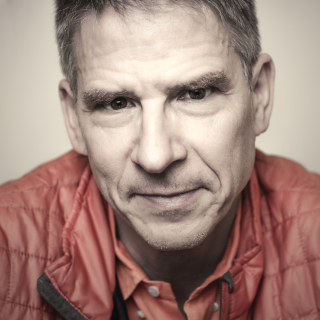What Does a Theory of Consciousness Need to Explain?

Description
Christof Koch, PhD, is a neuroscientist best known for his studies and writings exploring the basis of consciousness, starting with the molecular biologist Francis Crick. Trained as a physicist, Christof was for 27 years a professor of biology and engineering at the California Institute of Technology. In 2011, he joined the Allen Institute for Brain Science in Seattle as their Chief Scientist, becoming the President in 2015. He is now Meritorious Investigator at the Allen Institute and the Chief Scientist of the Tiny Blue Dot Foundation, with its focus on understanding consciousness, and how this knowledge can benefit humanity.
Abstract
Any scientific theory of consciousness needs to not only explain the relationship between any one conscious experience and its substrate, the neural correlate of consciousness, but also why different experiences feel the way they do – why space feels spatially extended, why time flows and why colors feel different from an infected tooth or the taste of Nutella. Most contemporary theories of consciousness are based on computational functionalism. Integrated Information Theory, takes a purely operational approach rooted in causal power. It argues that the neuronal correlates of consciousness, the maximum of intrinsic cause-effect power, are the posterior hot zone, and that certain type of meditative or psychedelic experiences may go hand-in-hand with a silent cortex. I will discuss clinical progress achieved in locating the footprints of such experiences to the posterior part of the cerebral cortex and in reliably detecting the presence of covert consciousness in patients with Disorder of Consciousness.
This lecture will take place at 4 pm in Engineering Science Building (ESB) 1001 on the UCSB campus and is free and open to the public.
